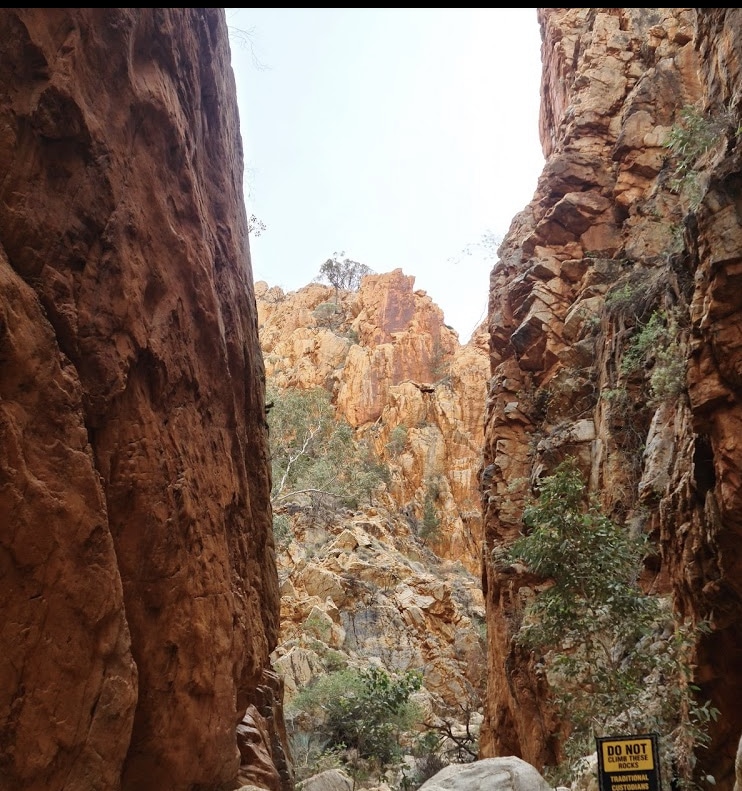In a recent article, “Are Hearing People Finally Getting It?”, I wrote how the pandemic’s use of masks have given hearing people a sharp glimpse into what it might be like to have hearing loss. Specifically – what it means to be dependent on speechreading to understand.
The world has been brought face-to-partial-face.
While some people are outraged at being asked to wear a mask, I wear mine willingly – but I need help when everyone else wears one. It’s a speechreader’s nightmare – muffled words and unclear tones of voice, topped by dancing eyes that are trying to convey the information that the hidden lips cannot.
Even hearing people struggle to understand at times. And that knowledge gave me hope that, maybe, there’s a small upside to this horrific health crisis – that our communication challenges have become more visible and therefore more clearly understood.
Why is it important to people with hearing loss that others understand our issues?
One reason is that understanding our needs creates understanding why they need to alter their communication style. A second reason is that it makes us less lonely.
When the conversation spins away from us, we are left in that place of – nothingness. We have lost our grasp on the group connection. We ask for repeats and updates, and then off it spins again. We have options of how to fix things but sometimes, frankly, the most appetizing options are to tune out or walk out.
Many of us are comfortable that the people in our lives – our nearest, our dearest – understand our needs. And mostly, they do. Yet, these situations keep happening. It helps when we actively create a communication-rich environment, but still we must ask for repeats. Many (most?) conversations happen spontaneously and we don’t always have time to get set up with our devices, or to rearrange people, or adjust the lights and the background noise levels.
Even so, we feel confident that our family really gets it. And then something happens to prick that balloon.
On a recent summer night, I was sitting outside with family members on a deck warmly lit with café lights. Someone mentioned a fact about an absent family member. “What?” I said. “I didn’t know that!”
“Gael, you were here when she said it!”
“I think I would remember that!”
“Gael, you were sitting right there as we discussed it.”
Since I would have remembered such an interesting family fact, I had two possibilities. One was that I was losing my memory. The second was – well, you know.
“Here’s the thing,” I said. “With my hearing loss, I’m lucky if I hear 50% of a nighttime conversation with this group. That’s the way it always is, unless I rope someone into repeating everything.”
There was a brief hesitation during which no one responded, and it was back to the interesting family stuff.
And that’s the divide. On one side are them, the people who hear naturally and exquisitely well. On the other side are us, the people who don’t. Them and Us, the hearing people and the hard of hearing people (and all the other terms we use to describe ourselves).
Some people on the hearing side may never get it at the deepest level. Others, also on the hearing side, and the Hearing Husband is one of them, do get it. They do what they can, both when they are asked for help and when they just know what to do and they do it.
I understand this divide. It no longer makes me crazy. What does bother me is when people are given the opportunity to improve communication with me and they don’t take it. Or forget it a few seconds later. I’m not asking for much – just to be able to participate. Luckily, most people are helpful and gracious and willing to make the minor little adjustments they’ve been asked to do.
I need to see your face. Or, raise your voice a bit. Or, one person at a time, please.
I called them minor adjustments, but that wasn’t quite right. When you willingly change what you do, with your face, your hands, your voice or your words so that we can close the divide, even for a moment, that means the world to me.








May I have permission to share this article in my local community newsletter? I will give also include your “About Gael Hannan” to give you credit.